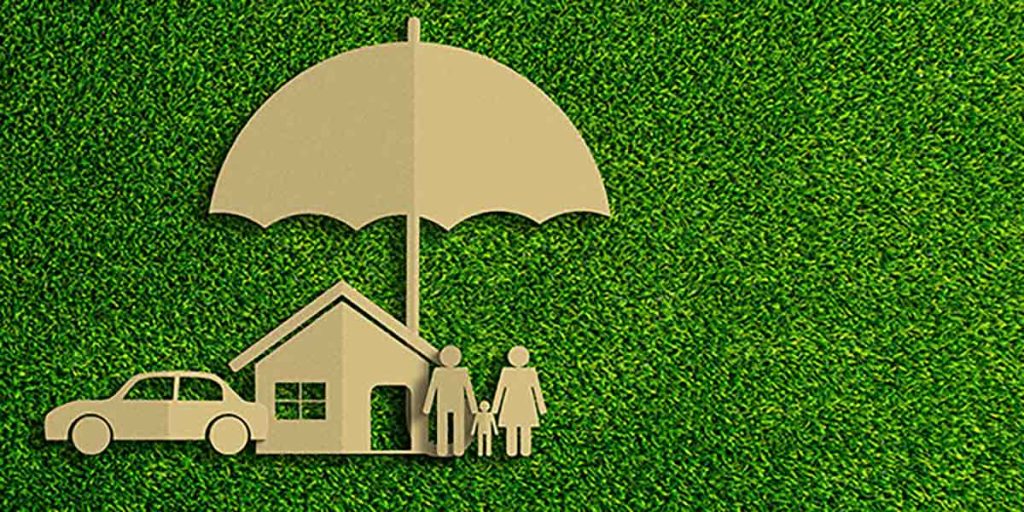
Battling addiction is an enduring and challenging journey, with the most intense struggles often happening internally. Addiction doesn’t only harm one’s physical health but also profoundly affects emotional and mental wellness. While many may seek expert guidance from places like Villa Oasis meth treatment, dealing with underlying emotions is just as essential.
Guilt and shame are two potent emotions that are intricately linked with addiction. Grasping their influence is vital to offer more effective support to those dealing with addiction.
Understanding Guilt and Shame
Before diving into the connection between addiction, guilt, and shame, it’s essential to distinguish between these emotions. Guilt emerges from regret over a particular action that clashes with our principles. Shame, on the other hand, delves deeper: it’s an internal conviction that we are inherently defective due to our behaviors.
While guilt and shame can both motivate positive change, if they become too dominant or persistent, they can propel individuals further into the grip of addiction instead of fostering transformation.
Guilt’s Influence on Addiction
Guilt can intensify addiction in various ways. Those who feel guilty about their addictive behaviors might resort to consuming more of the addictive substance to cope. For instance, individuals who turn to alcohol or drugs to dull emotional distress often fall into this trap. Their guilt over violating their moral compass or harming loved ones might lead them to continue using substances that offer temporary relief but eventually intensify these feelings.
Furthermore, guilt can also generate a feeling of estrangement from oneself and the surrounding community. Those battling addiction may anticipate condemnation from loved ones, which further intensifies their sense of isolation and justifies continued substance dependence.
Shame’s Influence on Addiction
While guilt is associated with particular acts, shame is a more persistent and overarching emotion that fuels addiction. Sources of shame can range from societal judgments and past traumas to deeply ingrained beliefs of inadequacy. Irrespective of its origins, shame gradually diminishes self-worth and reinforces a sense of innate defectiveness.
This entrenched belief hinders individuals from visualizing a life beyond addiction, even when they endure the negative repercussions of their substance abuse. Rather than seeking assistance, someone consumed by shame may withdraw further, using substances to momentarily flee from intense self-contempt.
The Path to Healing: Embracing Forgiveness and Self-Kindness
To escape the entanglement of guilt and shame, professional intervention like therapy or rehab programs might be necessary. A pivotal step in this healing process is self-forgiveness and embracing self-kindness. This means acknowledging past transgressions but understanding that they don’t determine one’s overall worth.
Embracing self-forgiveness and cultivating self-kindness can counter feelings of inadequacy, motivating individuals to seek the necessary assistance during their journey to recovery. Connecting with others with similar experiences can also be beneficial, offering a reminder that one is not isolated in the fight against addiction.
In conclusion, unchecked guilt and shame can aggravate addiction. By recognizing their function in the cycle of addiction, individuals can address these emotions more constructively, paving the way for a supportive recovery environment. Always remember, we all err, but our growth lies in how we rise from our mistakes.
